Go Hard Or Go Home? How To Decide If You Need A Workout Or A Rest Day.
Awhile back I posed the question: If I start including more workout how-to blog posts, what would you like to learn how to do? The responses I got were varied. How do I start lifting weights for the first time? What can I do about wrist pain during certain yoga poses? How can I combat the posture issues that come along with sitting at a desk all day? The one that really stuck with me the most:
How do I know when to push myself and when to rest?
This is an interesting question. If you had asked me this a few years ago I would have told you to push yourself. No questions asked. Then sent you a meme with a picture of someone’s abs and the words “no excuses” printed across. These days my approach is a bit different. I’ve noticed that most of the people I know fall into two camps:
A. Those who are SUPER into working out and have a really hard time taking a rest day.
B. Those who aren’t really into exercise and need a little external accountability to get some movement into their day.
Then there’s that small percentage of people who have a super healthy relationship with exercise. They know what types of movement they enjoy, do them fairly often, and don’t feel bad when they have to skip a day. I’m trying to be more like this. But I used to be a hardcore type A. With exercise and pretty much everything else in my life.
Which one are YOU?
It makes sense that I would fall into the first category. I identify as an athlete. Even though I never played team sports, I was a college dance major and professional dancer for years after. Taking class and rehearsing all day was a way of life for me. Things like cardio and yoga were a part of my cross-training as well. So when I started to shift my focus from performing to teaching, it was a hard transition. Why wouldn’t I feel the need work out for hours and hours a day? I didn’t know anything else.
For some of us, grueling training schedules have a season. But they aren’t meant to be sustained continuously and indefinitely.
And whether you are someone who has an athletic background or has never been into working out, that “no excuses” mentality is so prevalent. We’re told to “go hard or go home” (cue will.i.am song) so we set overly ambitious goals. We sign up for 30 days challenges and then “fall off the wagon” when it’s all over. All of the “shoulds” leave us questioning whether or not we even know what’s best for us. Here’s what I want you to know:
YOU are the expert on your own body.
I don’t want to tell you when to push yourself and when to rest, because I believe you already have those answers within you. In fact, I’m tempted to say that if you need that hard of a push to do the thing, maybe it’s not the right thing for you. Does it have to be one or the other? Push or rest? I think it’s possible to find a good middle ground. Because too much push will likely force you into rest later via an injury or illness. In any case, I don’t want to tell you what to do.
Here are some things to consider when you’re trying to figure it out yourself:
Are you well rested?
If you’re tired because you’re really sleep deprived, a nap would probably be a better use of your time. Rest.
Are you feeling slugglish?
Is it because you’ve been laying around a lot lately? No shame in that, but getting up and moving could help. Is it because you haven’t had enough sleep? Rest!
Have you eaten recently?
Being hungry can definitely make you tired. Have a snack and reassess the situation.
Are you sick?
To what degree? Is it food poisoning or a light cold? Would movement make you feel better or worse? Let that guide your choice.
are you injured?
You probably need rest. But physical therapy is one form of movement that can help with healing (when your doctor gives you the OK) and help prevent future injuries.
What is your reason for wanting to do the workout?
Dig deep into this one. Some of us (cough cough me) tend to use exercise as a way to run away from bigger stressors and body image issues.
Is your goal overall health?
If it’s overall health, consider your WHOLE health including mental and emotional health. Would a workout or rest be more health promoting for you today?
Are you a competitive athlete?
In this case, you might need a (gentle) push. Especially if your event has a finite end date. Just remember that nobody, not even elite athletes, are “on” for 356 days a year.
Have you taken a day off recently?
If it seems like it’s been awhile it might be time. If you’re really resistant to taking a rest day. . .yeah you probably need one.
Have you pushed yourself for a few days in a row already?
If you’re still sore from that class you took two days ago, maybe it’s time to chill. Or at the very least choose a different activity.
Do you genuinely like the thing you’re about to do?
If no, why are you doing it? In this case, I’d suggest neither resting or pushing through it. Do something else!
Do you know you’ll feel better once you do it?
Go do it! (Unless you feel like you might have some compulsive tendencies when it comes to exercise. In that case, it might help to talk to someone. There’s no shame in seeing a therapist!)
What else do you need energy for?
Can you afford to be sore or tired later? Consider all your activities for the day or week. Choose a level of intensity that’s gonna keep you energized and leave some in the tank for all the other obligations you have.
Did you Check your form?
This one is for when you’re in the middle of a workout and feel like you’re on the struggle bus. If your form is suffering: take it down a notch. If it’s still pretty solid, you’re probably good to keep going.
Are you in pain?
Is it actual pain or just “sensation”? This is another one to ask yourself mid-workout. Is it more “wow” than “ow”? If it’s “Wow I’m really feeling a good burn from these lunges” it’s cool to keep going. If it’s “Ow. Lunges really aggravate my knee injury” stop it!
What do You feel like doing?
It doesn’t have to be black and white. Push or rest. There’s also this lovely in between space where you can just go to the gym (or outside, or wherever) and see how you feel. Get moving and if you’re not feeling it after 5-10 minutes give yourself permission to drop the intensity or stop altogether.
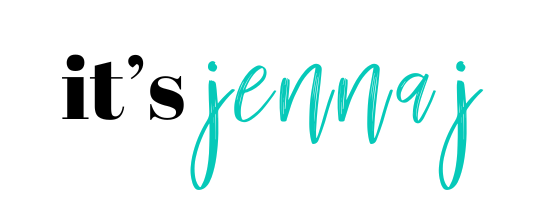
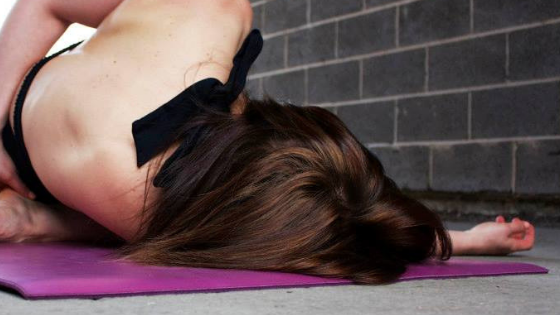

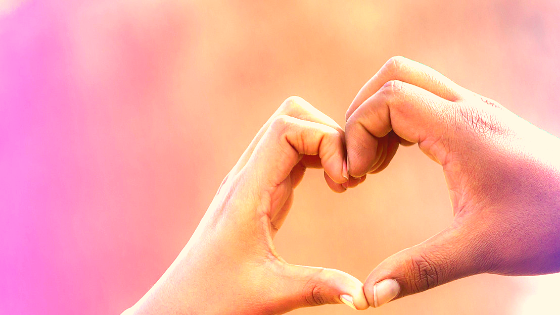


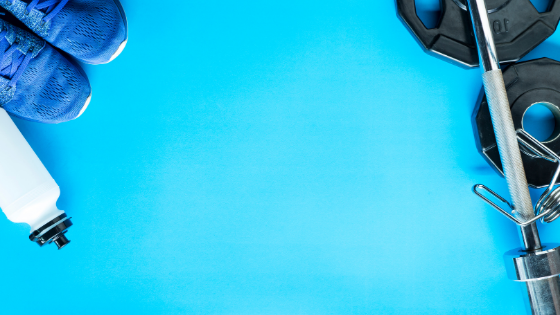
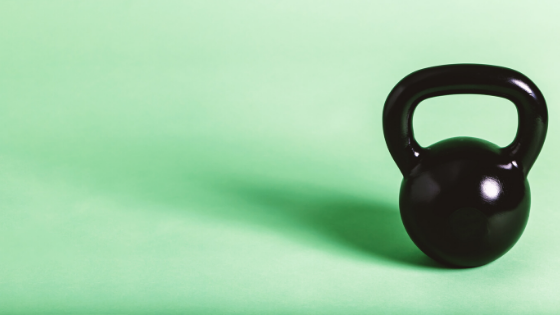
3 Comments
Comments are closed.